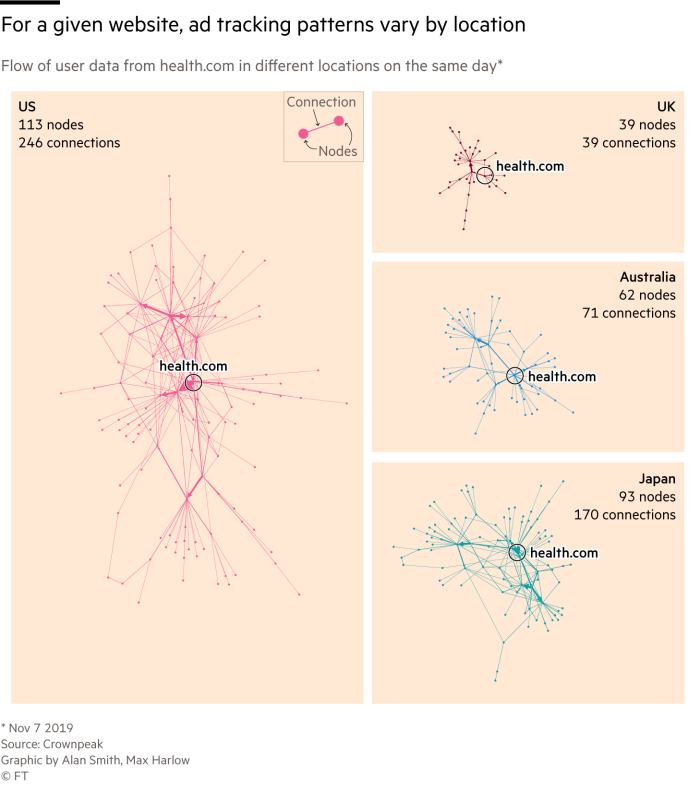
“The company won’t stop Facebook from tracking you, but it will have to ask you for permission first. Why, then, is Facebook so worried? Because it knows what everyone else already knows–that when given a choice, most people will choose to not allow Facebook to track them. If that happens to be bad for Facebook’s business, that isn’t Apple’s fault. It just means that Facebook’s business model is based on something most people would prefer it didn’t do.Except, small businesses can still advertise to their customers. They can still use all of the information Facebook knows about its users–like their gender, age, location, and interests, to show ads. If you’re a small business, none of that changes. The only person that really stands to lose seems to be Facebook. ”
Source : Facebook Just Admitted It Has Lost the Battle With Apple Over Privacy | Inc.com





